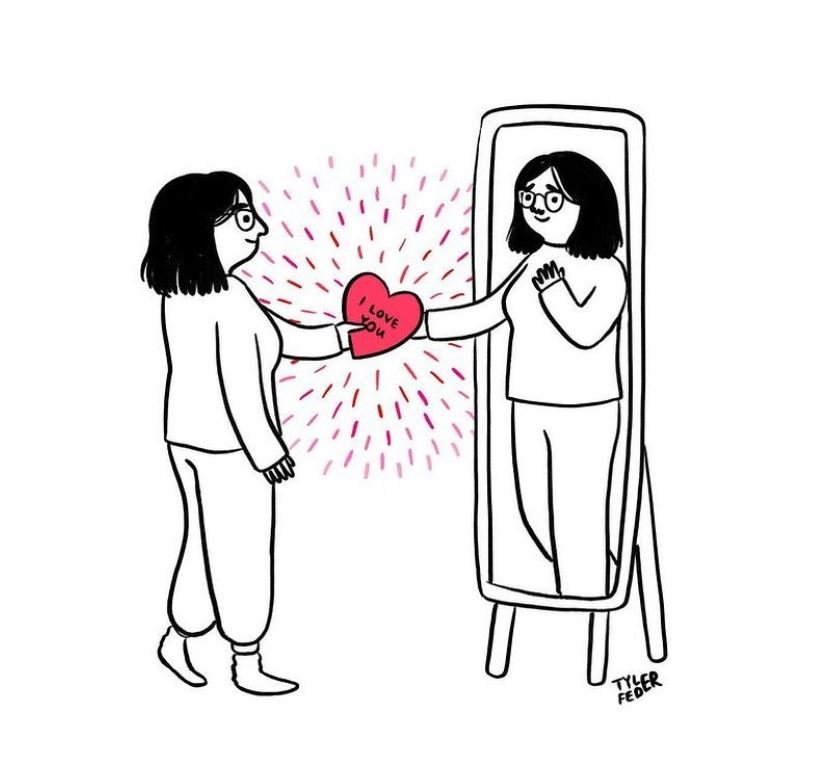
Blog
The Observer Self: Tapping Into Awareness
The observer self can help you get mental distance from unhelpful thoughts and make values-based choices based on a more complete sense of self, not based on what one small part of your experience may be telling you to do.
Election Anxiety
For many of us, it is meaningful and values-based to engage in the democratic process and exercise our right to vote. In the age of 24/7 news and media, however, elections can also feel anxiety-provoking and exhausting.
Are You Willing to Have Chronic Pain?
Most of us don’t like the feeling of pain, yet it is possible to be in pain and not experience suffering. Suffering arises when we do not accept pain and respond to pain with resistance. This creates a struggle with pain that can lead to becoming stuck in it.
The Importance of Going After What You Want
Our thoughts and feelings influence our behavior (and vice versa), and if you believe you can achieve a goal, you are more likely to put in the work to achieve it.
High Functioning Anxiety: Causes & Treatment
High-functioning anxiety refers to the experience of appearing confident, organized, and well-functioning on the outside while feeling internally anxious.
Leaning in to Slowing Down
Our society rewards productivity, and it is common to push ourselves constantly. The harmful effects of not slowing down can be insidious…
Understanding Pathological Demand Avoidance
Pathological Demand Avoidance (PDA) involves avoiding everyday demands or tasks typically due to feeling anxious about them.
Promoting Perseverance
Perseverance is the ability to be persistent even when things are difficult, or there is no immediate success—in other words, to keep going. Perseverance can help you reach a meaningful goal, is an important predictor of achievement, and is a way to build self-confidence and a sense of capability.
Stretching Distress Tolerance
It is natural to want to avoid unpleasant or uncomfortable feelings and physical sensations, to think of them negatively, or to try to make them go away. For example, if I feel embarrassed, I might think, “I hate feeling this way.” Or, if I feel anxious or am in physical pain, I might think, “This feels awful. I need it to go away.”
Anticipatory Anxiety
Anticipatory anxiety refers to the anxiety you experience when you fear something negative is going to happen. It is anxiety about the future, about what could happen, not what is currently happening.
Cultivating Unconditional Self-Acceptance
Unconditional self-acceptance and worth are distinct from our abilities, accomplishments, or appearance. Self-acceptance is a practice that includes reframing negative thoughts and practicing personal values. It's a skill you can practice and strengthen over time.
What Are the Stages of Grief?
According to Dr. Elisabeth Kubler-Ross, everyone experiences five stages of grief. Understanding these stages may shine some light on emotions you may be experiencing after a loss.
Stop Trying To Keep Up With The Joneses
It is natural to compare ourselves to others and to get caught in a mental comparison loop, and yet this seldom is beneficial. You may have heard the expression, “Comparison is the thief of joy.”
What is the Link Between OCD and Addiction?
There are several possible reasons for the link between OCD and addiction, such as a desire to decrease symptoms or the fact that both share similar risk factors.
How Does Mental Health Affect Physical Health
Mental health is comprised of emotional, psychological, and social well-being. It forms part of your overall mood, how you think, feel, and behave. Research demonstrates a strong relationship between mental and physical health, both of which are important components of our overall health.
Are New Year’s Resolutions Helpful?
Hello, 2024. It’s that time of the year again. The start of the new year is a natural time to think about your current behaviors, what you may want to do differently, and your goals for the upcoming year. It is a common practice to create New Year’s resolutions, yet are they actually helpful?
















